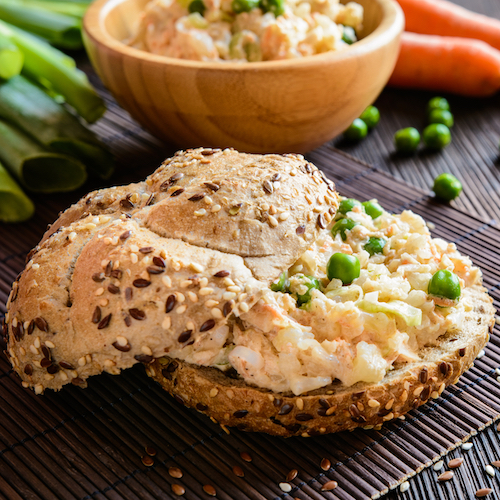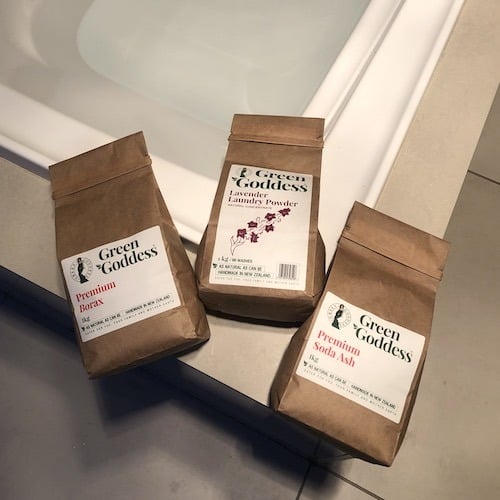Trans fats, also known as trans fatty acids, are a type of unsaturated fat that have undergone a process called hydrogenation. Hydrogenation involves adding hydrogen to liquid vegetable oils to make them more solid and stable at room temperature. This process was initially developed to extend the shelf life and improve the texture of foods containing fats. Trans fats can be found naturally in small amounts in some animal-based foods, but the majority of trans fats in our diets are industrially produced through partial hydrogenation.
Trans fats are considered bad for your health because they promote inflammation, contribute to heart disease, increase the risk of diabetes, and have other negative effects on various aspects of health. Limiting your intake of trans fats is an important step in maintaining a healthy diet and reducing the risk of chronic diseases.
Trans fats are commonly found in a variety of processed and packaged foods, especially those made with partially hydrogenated oils.
The prevalence of trans fats in these products has been decreasing due to changes in food regulations and consumer preferences. However, it’s still a good practice to read nutrition labels carefully when purchasing packaged foods. Look for terms like “partially hydrogenated oils” in the ingredient list, as this indicates the presence of trans fats.
In New Zealand in most cases, trans-fatty acid content doesn’t need to be included on a food label. It is voluntary unless their product makes a nutrition content claim about:
cholesterol
saturated, polyunsaturated, monounsaturated fats, or trans-fatty acids, or
omega-3, omega-6, or omega-9 fatty acids.
Trans-fatty acids occur in many of the same foods that are high in saturated fats. Limiting intake of foods containing saturated fat will also reduce your intake of trans fats.
Where would I find trans fats?
Margarine.
Commercial baked goods, such as cakes, cookies and pies.
Shortening.
Microwave popcorn.
Frozen pizza.
Refrigerated dough, such as biscuits and rolls.
Fried foods, including french fries, fried doughnuts and fried chicken.
Crackers, biscuits, potato chips, corn chips.
Low levels of trans-fatty acids are also found naturally in butter, cheese, and meat.
Foods free of trans fats aren’t automatically healthy. Food makers might substitute other unhealthy ingredients for trans fats. Some of these ingredients, such as tropical oils — coconut, palm kernel and palm oils (not sustainable so not a good choice) — contain a lot of saturated fat.
Saturated fat raises your total cholesterol. In a healthy diet, about 20% to 35% of total daily calories can come from fat. Try to keep saturated fat at less than 10% of total daily calories.






About The Author: Triona
More posts by Triona